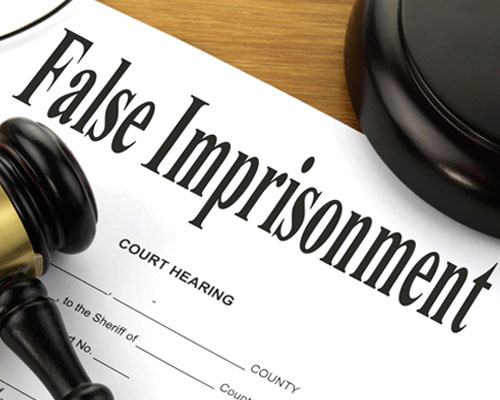Welcome to
JENNI LEONARD
About compensation for wrongful conviction & detention In some circumstances, a person who has had their conviction quashed or set aside by the court can apply for compensation for the time they've been detained as a result of that wrongful conviction.
There's no legal right to receive compensation from the Government for wrongful conviction and detention. However, the Government, in its discretion, may decide to compensate someone who's been wrongly convicted and served a sentence of imprisonment or detention by making an ex gratia (voluntary) payment.

Compensation Guidelines
Cabinet (the Government's central decision-making body of Ministers) has established Compensation Guidelines to aid its consideration of applications for such compensation. The latest version of the Guidelines was issued in 2023.
Compensation Guidelines for wrongful conviction and detention February 2023 Click for PDF
Explanatory Information - Compensation for Wrongful Conviction and Detention February 2023 Click for PDF
The Guidelines also apply if you've been convicted and detained under military law - see below for further information.
Main features of the Compensation Guidelines The information below summarises the main features of the Compensation Guidelines.
-
You can make an application for compensation if:
you're living at the time of the application (in other words, people can't make an application on your behalf after your death).
you've been pardoned or had your conviction/s quashed and the criminal proceedings have finished.
you've served all or part of a sentence of imprisonment or detention for that conviction.
-
sentence of detention means either:
Home detention, or
The military sentence of detention, when it's imposed by the Court Martial of New Zealand.
-
Criteria for compensation:
The payment of compensation is at the discretion of the Government. Cabinet must be satisfied that:
you're innocent on the balance of probabilities.
you've suffered losses of a type that can be compensated under the Guidelines.
compensation is in the interests of justice.
-
Types of compensation:
Pecuniary (financial) and non-pecuniary (non-financial) losses suffered after you've been convicted can be compensated.
General frequently asked questions
The Government can also decide to make a public apology or statement of innocence. Information for potential applicants
The information below is to help potential applicants understand the process for making an application under the Compensation Guidelines.
A lawyer can advise you on the merits of making an application and, if you go ahead, can also help you collect relevant information and prepare your submissions.
At the very least, you'll need to explain why you're innocent of the charges and state what evidence you're relying on to show your innocence. As the applicant, it's your responsibility, not the Government's, to establish your innocence on the balance of probabilities.
Send your application, including any supporting documents and submissions, to the Minister of Justice
Compensation includes:
- An annual amount of $150,000 for each year in custody, or $75,000 for each year serving a sentence of detention.
- An annual amount of up to $100,000 for loss of livelihood (loss of income) during that period.
- An additional amount of $75,000 a year for time spent on restrictive bail or parole.
- An amount of up to $50,000 in cases of imprisonment, or up to $25,000 in cases of detention, to help re-adjust to living in the community.
- An amount for certain costs incurred when challenging the conviction and applying for compensation.
- Amount for large financial losses between $50,000 and $250,000 in cases of imprisonment, or $25,000 and $250,000 in cases of detention.
- The compensation payment can be adjusted upwards or downwards by up to $150,000 in cases of imprisonment, or up to $75,000 in cases of detention for aggravating and mitigating features of the case.